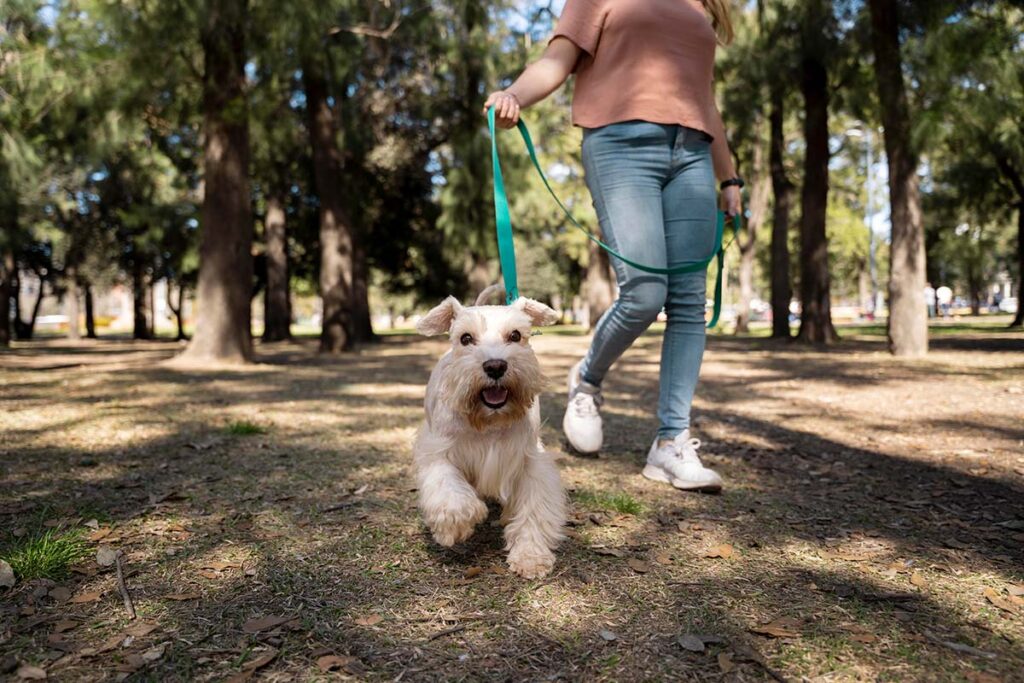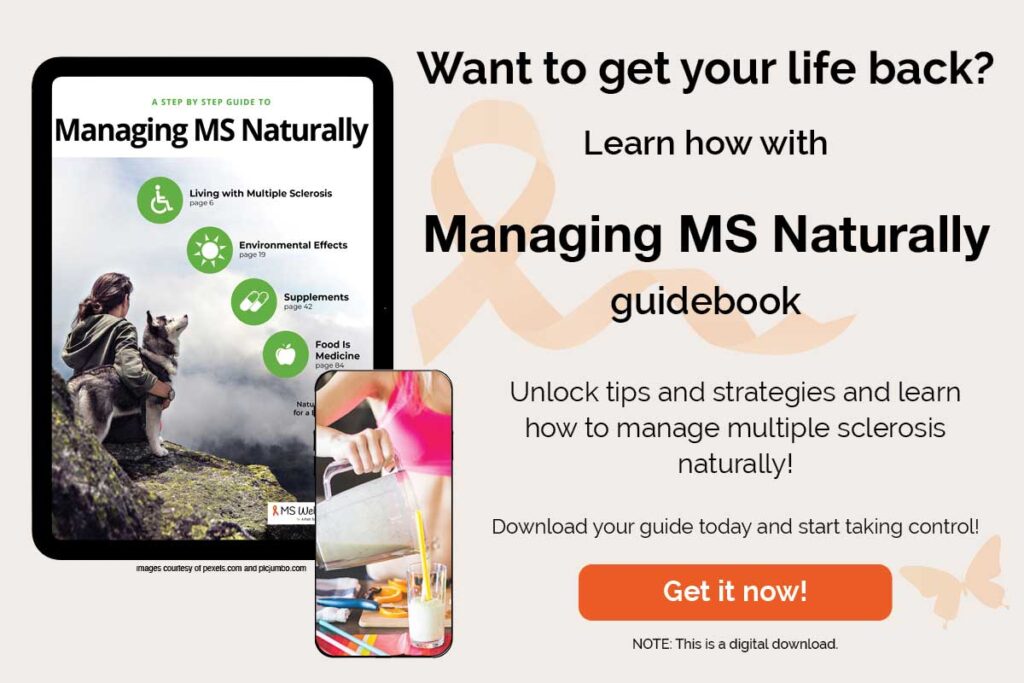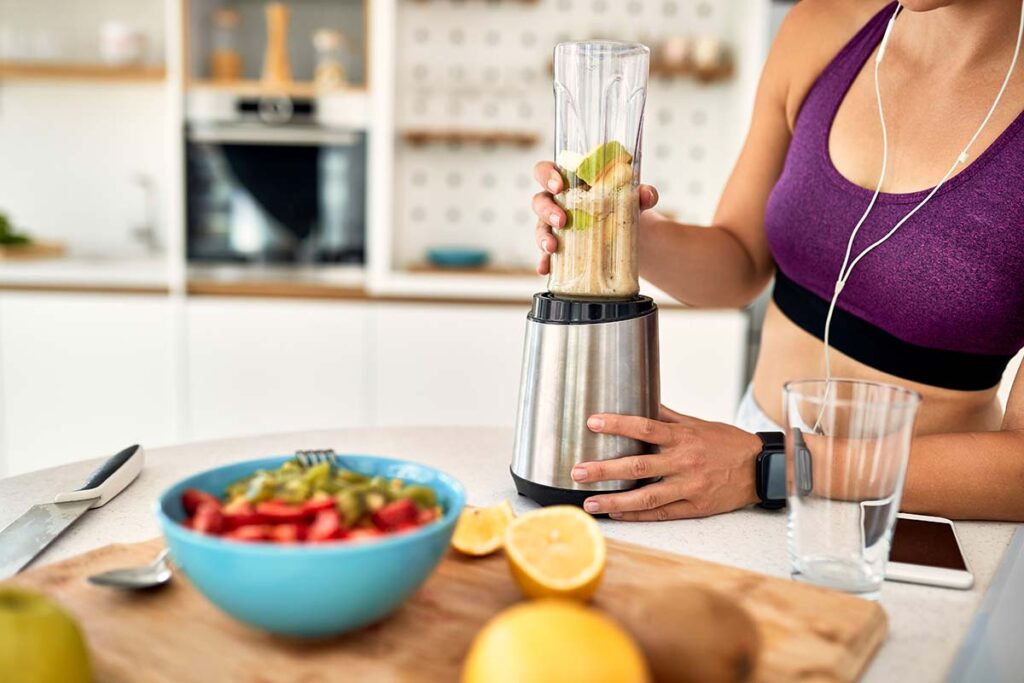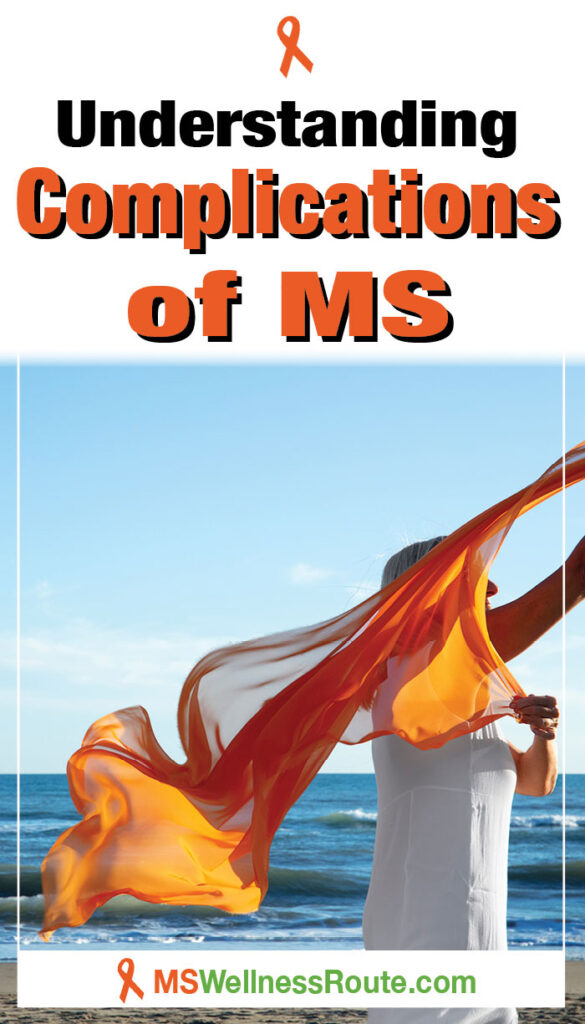Last Updated on January 27, 2025 by Cathy

When I heard Teri Garr had passed away from complications of MS, it bothered me. I’ve never met her but her journey resonated with me on a very personal level. Terry was diagnosed with MS in 1999 but had symptoms for many years before her diagnosis.
As a person who has been living with MS for a long time, it’s unsettling to hear of her passing. Seeing someone with a similar condition face serious complications can bring up worries or “what if” thoughts. Terry Garr inspired us by living openly with MS, showing both strength and vulnerability in ways that were real.
Hearing she died from complications of MS brings thoughts about my own journey. I feel sadness for her while also experiencing a heightened awareness of MS’s potential impact. Terry Garr’s passing is an eye-opener of how important it is to take care of yourself.
Complications of MS

Image by Freepik
First, MS is not a fatal disease. Some news stories said Terry Garr “died of multiple sclerosis.” She did not die from MS, she died due to complications “of” MS.
What exactly does “complications of MS” mean? Think of MS as the first domino. When it falls, it can knock over other dominoes – these are the complications. They’re not MS itself, but problems that can happen because of how MS affects our bodies over time.
Here are some common complications of MS you should know about:
Many people with MS get infections more easily, especially in their lungs. When MS makes it hard to move around a lot, it’s easier to get pneumonia or other chest infections. This is because moving helps keep our lungs clear and healthy.
Blood flow can become a problem too. When we can’t move as much as we’d like, blood might not flow as well in our legs and arms. This can lead to blood clots. Think of it like a garden hose with a kink in it – the water can’t flow properly.
Heart health needs extra attention with MS. When we move less, our heart doesn’t get as much exercise. Plus, MS can cause inflammation in our body. Both of these things can affect our hearts over time.
But here’s the good news: these problems aren’t a sure thing. Many of us with MS never face serious complications. We can lower our risks by:
- Getting regular check-ups
- Moving our bodies in ways that work for us
- Taking care of infections early
- Working with our doctors on prevention
Keep Moving

Image by Freepik
It’s extremely important to keep moving. When we stay active, our muscles stay stronger and our blood keeps flowing well. Being still for too long can lead to stiffness which can lead to falls.
I like using OptimalBody PersonalFitness. It’s an online gym run by someone who also has MS. The workouts use resistance bands and there are exercises for people in wheelchairs.
If you struggle with your balance or are in a wheelchair, there are many ways to stay active:
- Arm circles and stretches
- Chair yoga
- Deep breathing with movement
- Leg lifts (if possible)
- Resistance bands
- Seated twists for your core
I’ve also been using a vibration plate. I originally bought it to help with my osteoporosis. It turns out these plates can help people with MS too. Benefits of a vibration plate for people with MS include:
- Can improve cognitive functions
- Helps reduce muscle stiffness and spasms
- Helps with balance and stability
- Improves blood flow without needing to move much
- Reduces fatigue
- Strengthens muscles without putting stress on joints
The best part is you can use a vibration plate sitting down or standing up, and even a few minutes can make a difference. The vibration plate I use also has tension bands so I do arm exercises while standing on it. This is the vibration plate I use: LifePro Rumblex 4D Vibration Plate.
Steps to Stay Healthy and Active

Image by Freepik
Living with MS means facing some tough days. But there are many ways we can take charge of our health. Small daily actions can make a big difference in how we feel and function. Let’s look at some simple steps we can take.
1. Eating Well to Reduce Inflammation
What you eat matters a lot when you have MS. Think of food as fuel for your body’s engine. The right fuel helps your body run better and fights inflammation. Think of inflammation as a fire inside that can make MS symptoms worse.
Good foods to choose:
- Colorful berries (blueberries, strawberries)
- Dark leafy greens like spinach and kale
- Fish rich in omega-3s
- Healthy oils like olive oil
- Nuts and seeds (walnuts, chia seeds)
Avoid these foods:
- Dairy, it can cause more MS flares
- Gluten
- Sugary foods and drinks
- Junk food
- Processed foods
Water is super important too. Think of it as your body’s cooling system. Try to drink water throughout the day, even if you’re not thirsty.

2. Daily Movement and Exercise
Moving our bodies doesn’t mean we need to run marathons. Small movements add up to big benefits. The key is finding what works for you and doing it regularly.
Try these gentle exercises:
- Gentle stretches while sitting or lying down
- Move your ankles in circles
- Sitting in a chair, lift your legs one at a time
- Squeeze and release your muscles
Remember:
- Start slow
- Listen to your body
- Rest when you need to
- Even 5 minutes of movement helps
For more exercise ideas read Best Exercise for MS
3. Reducing Stress and Mental Health
Stress can make MS symptoms feel worse. It’s like adding weight to an already heavy load. Taking care of our mental health is just as important as physical health.
Try these stress-busters:
- Do things you enjoy, even for short periods
- Spend time in nature (your backyard counts)
- Spend time with people who make you feel good
- Take slow, deep breaths when feeling overwhelmed
4. Quality Sleep for Better Health
Good sleep helps our body heal and gives us energy for the next day. It’s like giving your body time to recharge its batteries.
Tips for better sleep:
- Avoid phones and tablets before bed
- Go to bed at the same time each night
- Make your bedroom cool and dark
- Try reading or gentle stretching before sleep
5. Helpful Supplements
Some supplements might help with MS symptoms. But always talk to your doctor first. They’re like extra tools in your toolbox – helpful but not a replacement for good habits.
Consider asking about:
- Vitamin D (many people with MS need extra)
- Vitamin B12 for nerve health
- Omega 3 for inflammation
Start with small changes, you don’t need to do everything at once. Pick one or two things to try first. What matters is finding what works for you and sticking with it.
Finding Strength and Control in Your Routine

Image by Freepik
Terry Garr’s passing reminds us why taking care of ourselves matters so much. But remember, this journey is yours. There’s no race to make all these changes at once. This is what I did and it was extremely hard. It’s best to pick one small thing to start with. Maybe it’s drinking more water today. Or try a gentle stretch tomorrow.
Living with MS means some days are harder than others. That’s okay. What matters is that you have tools and choices. Each small step you take puts more control back in your hands. Every healthy choice matters. Whether you choose a better snack, take deep breaths, or do seated exercises – it all adds up.
You know your body best. Listen to what it tells you. Some days you’ll do more, other days less. Both are fine. The key is being kind to yourself while still moving forward. Each small choice you make for your health is a victory.
Reclaim your life and discover the secrets to Managing MS Naturally!
To learn more click here: Managing MS Naturally.

Want to remember this health tip? Pin it to your Pinterest board!

Understanding Complications of MS and How to Stay Healthier Longer





